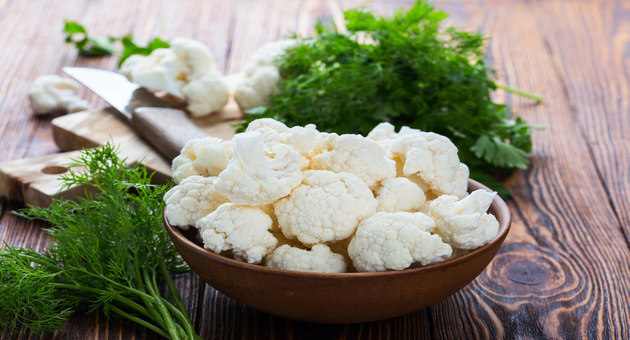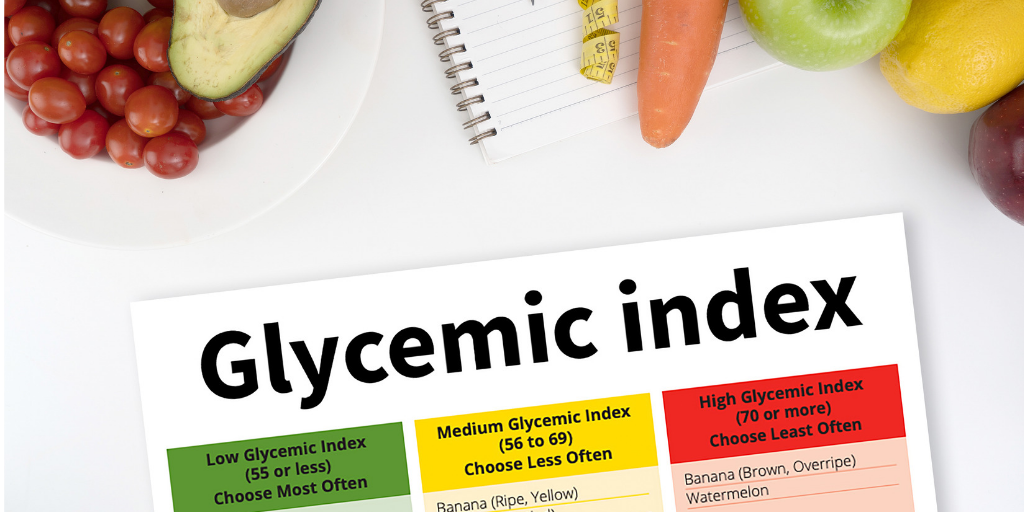Building muscle isn’t just about lifting heavy weights—it’s about fueling your body with the right nutrients. While countless people spend hours in the gym, they often overlook the most crucial factor in muscle growth: proper nutrition. Studies show that nutrition accounts for roughly 70% of your muscle-building success, making it far more important than most people realize.
Whether you’re a beginner looking to build your first pounds of muscle or an experienced lifter trying to break through a plateau, these 10 scientifically-backed foods will accelerate your gains and help you achieve the physique you’ve been working toward.
The Science Behind Muscle Growth
Before diving into specific foods, it’s essential to understand how muscle growth works. When you exercise, you create microscopic tears in your muscle fibers. Your body then repairs these tears with protein, making the muscle slightly larger and stronger than before. This process, called protein synthesis, requires three key elements:
- Quality protein for building blocks (amino acids)
- Adequate calories to fuel the repair process
- Strategic timing to maximize nutrient uptake
Without proper nutrition, even the most intense workouts won’t deliver the results you’re seeking.
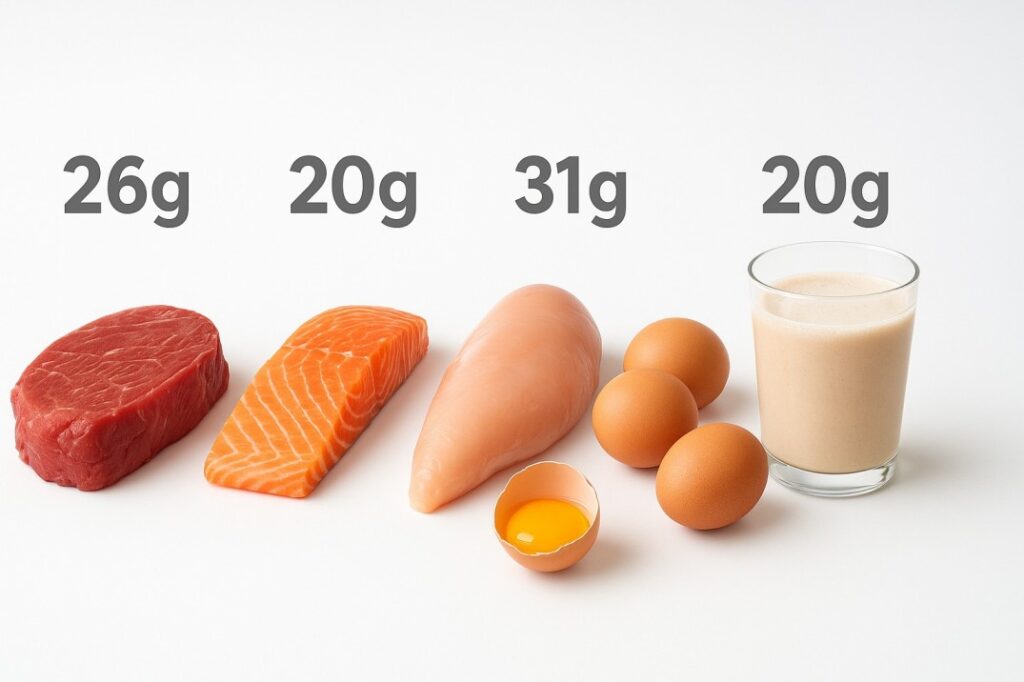
Top 10 Muscle-Building Foods
1. Lean Beef
Protein per 100g: 26 grams
Lean beef stands as one of nature’s most complete muscle-building foods. It delivers all nine essential amino acids your body can’t produce on its own, with particularly high levels of leucine—the amino acid that triggers muscle protein synthesis.
Beyond protein, lean beef provides:
- Iron: Essential for oxygen transport to working muscles
- Zinc: Critical for testosterone production and wound healing
- B-vitamins: Support energy metabolism and red blood cell formation
- Creatine: Naturally occurring compound that boosts power output
Choose cuts like sirloin, tenderloin, or 93/7 ground beef to minimize saturated fat while maximizing protein content.
2. Skinless Chicken Breast
Protein per 100g: 31 grams
Chicken breast is the gold standard of lean protein sources. With an impressive protein-to-calorie ratio, it’s perfect for both muscle building and fat loss phases. The biological value of chicken protein is exceptionally high, meaning your body can efficiently use nearly all the amino acids it provides.
Pro tip: Buy chicken in bulk, season with different spice blends, and batch cook for convenient meal prep throughout the week.
3. Greek Yogurt
Protein per 100g: 15-20 grams
Greek yogurt contains both fast-digesting whey protein and slow-digesting casein protein, providing both immediate and sustained amino acid release. This dual-protein profile makes it ideal for any time of day.
Additional benefits include:
- Probiotics: Support digestive health and nutrient absorption
- Calcium: Essential for muscle contractions
- B12: Supports energy production and nervous system function
Choose plain, full-fat varieties and add fresh berries for natural sweetness and additional antioxidants.
4. Whole Eggs
Protein per large egg: 6 grams
Eggs contain the highest quality protein of any whole food, with a perfect amino acid profile that serves as the standard against which all other proteins are measured. The yolk contains healthy fats, vitamin D, and choline—a nutrient that supports brain function and muscle control.
Recent research has debunked concerns about dietary cholesterol, showing that eggs don’t negatively impact heart health in healthy individuals. In fact, studies indicate that eating whole eggs after resistance training stimulates muscle protein synthesis more effectively than egg whites alone.
5. Wild-Caught Salmon
Protein per 100g: 25 grams
Salmon provides high-quality protein along with omega-3 fatty acids EPA and DHA, which offer unique muscle-building benefits:
- Reduced inflammation: Faster recovery between workouts
- Enhanced protein synthesis: Improved muscle repair and growth
- Better insulin sensitivity: More efficient nutrient utilization
Wild-caught varieties contain higher omega-3 levels and fewer contaminants than farm-raised options.
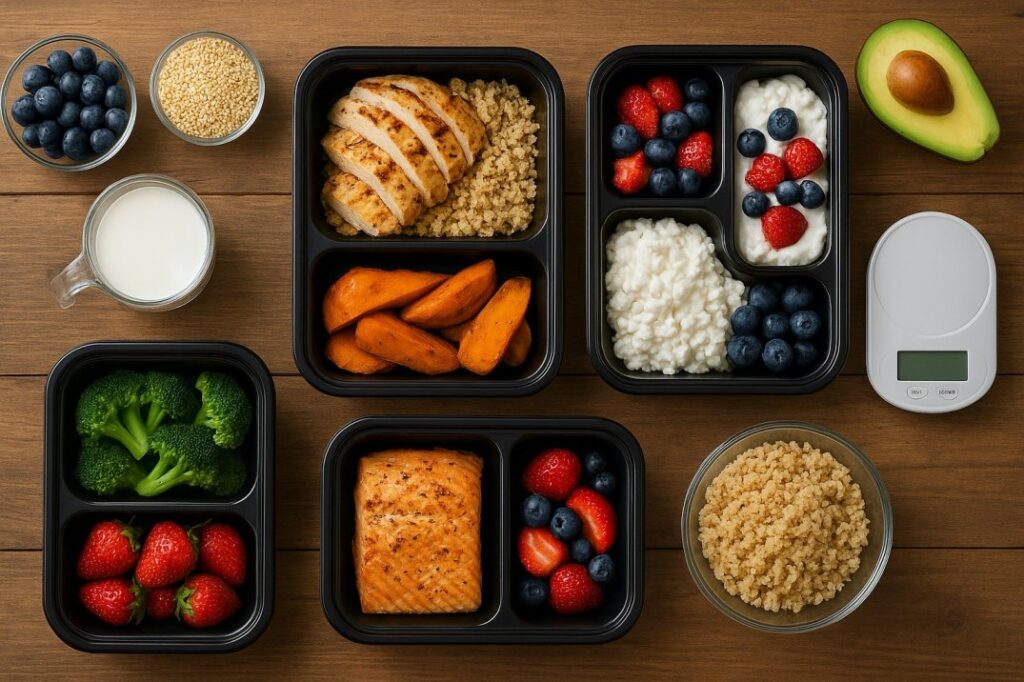
6. Quinoa
Protein per 100g cooked: 4.4 grams
As one of the few plant foods containing all essential amino acids, quinoa is particularly valuable for vegetarian and vegan lifters. It’s technically a seed, not a grain, and provides complex carbohydrates to fuel intense training sessions.
Quinoa also delivers:
- Fiber: Supports digestive health and satiety
- Iron: Prevents fatigue and supports oxygen transport
- Magnesium: Essential for muscle function and recovery
7. Cottage Cheese
Protein per 100g: 11 grams
Cottage cheese is roughly 80% casein protein, which digests slowly and provides a steady stream of amino acids for up to 7 hours. This makes it perfect as a pre-bed snack to support overnight muscle recovery.
Low-fat cottage cheese provides high-quality protein with minimal calories, making it excellent for lean muscle gain. Mix with Greek yogurt and berries for a protein-packed dessert alternative.
8. Lean Ground Turkey
Protein per 100g: 29 grams
Ground turkey (93/7 lean) offers similar protein content to chicken breast but with more flavor variety. It’s rich in selenium, phosphorus, and B-vitamins while being lower in saturated fat than most red meats.
Turkey is also one of the richest food sources of tryptophan, an amino acid that supports recovery and sleep quality—both crucial for muscle growth.
9. Black Beans and Legumes
Protein per 100g cooked: 8-9 grams
While not complete proteins on their own, beans and legumes become complete when paired with grains like brown rice. They provide:
- Slow-digesting carbohydrates: Sustained energy for workouts
- Fiber: Promotes satiety and digestive health
- Folate: Supports red blood cell formation
- Potassium: Essential for muscle contractions
Legumes are particularly valuable for plant-based athletes and those looking to reduce meat consumption while maintaining protein intake.
10. Whey Protein Powder
Protein per scoop: 20-30 grams
While whole foods should form the foundation of your diet, whey protein powder offers unmatched convenience and rapid absorption. It’s particularly effective when consumed within 30-60 minutes post-workout, when your muscles are primed for nutrient uptake.
Look for whey protein isolate for the purest form with minimal carbs and fats, or whey concentrate for a more budget-friendly option with slightly more calories.
Maximizing Your Muscle-Building Nutrition
Timing Matters
- Pre-workout: Consume easily digestible carbs and moderate protein 1-2 hours before training
- Post-workout: Aim for 20-40g protein within 60 minutes of finishing your workout
- Throughout the day: Distribute protein evenly across meals, aiming for 20-30g per meal
Hydration is Key
Muscle tissue is roughly 75% water. Even mild dehydration can impair protein synthesis and workout performance. Aim for at least 35ml per kg of body weight daily, more on training days.
Don’t Forget Micronutrients
While protein gets the spotlight, vitamins and minerals are equally important. Focus on colorful vegetables and fruits to ensure you’re getting the full spectrum of nutrients needed for optimal muscle growth and recovery.
Sample Daily Meal Plan
Breakfast: 3 whole eggs scrambled with spinach + 1 cup oatmeal with berries Mid-morning: Greek yogurt with mixed nuts Lunch: 150g grilled chicken breast + quinoa salad with vegetables Pre-workout: Banana with almond butter Post-workout: Whey protein shake with milk Dinner: 150g salmon + sweet potato + steamed broccoli Evening: Cottage cheese with cinnamon
Daily totals: ~140g protein, 2,200-2,400 calories
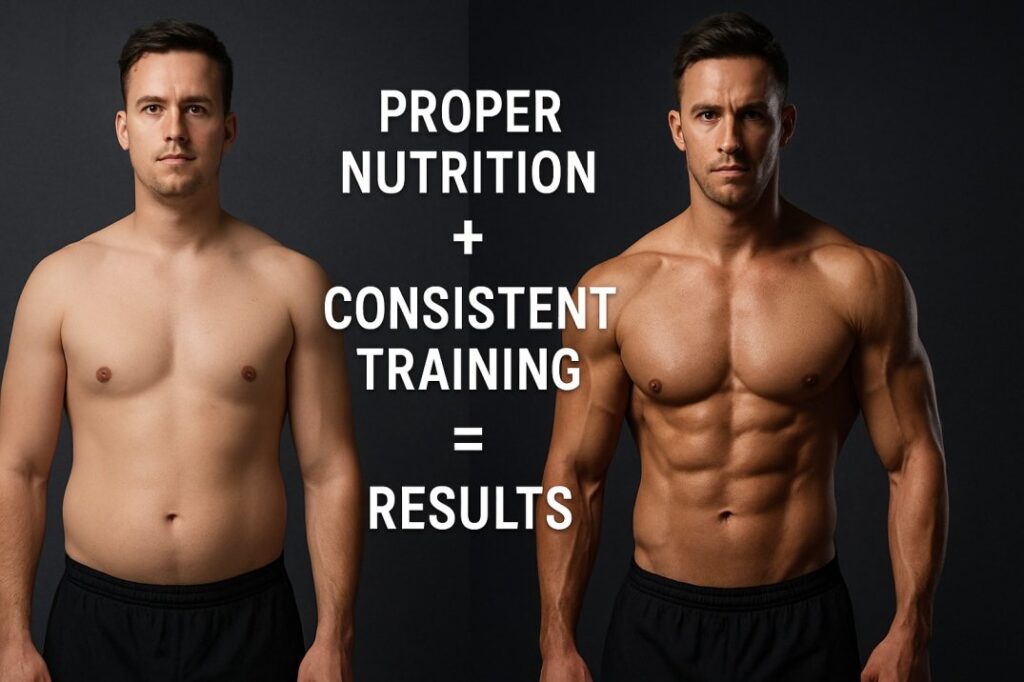
The Bottom Line
Building muscle requires consistent training, adequate rest, and most importantly, proper nutrition. These 10 foods provide the high-quality protein, essential nutrients, and energy needed to fuel your muscle-building journey.
Remember, nutrition is a long-term game. Focus on creating sustainable eating habits rather than perfect short-term adherence. Consistency over months and years will deliver the dramatic physique changes you’re working toward.
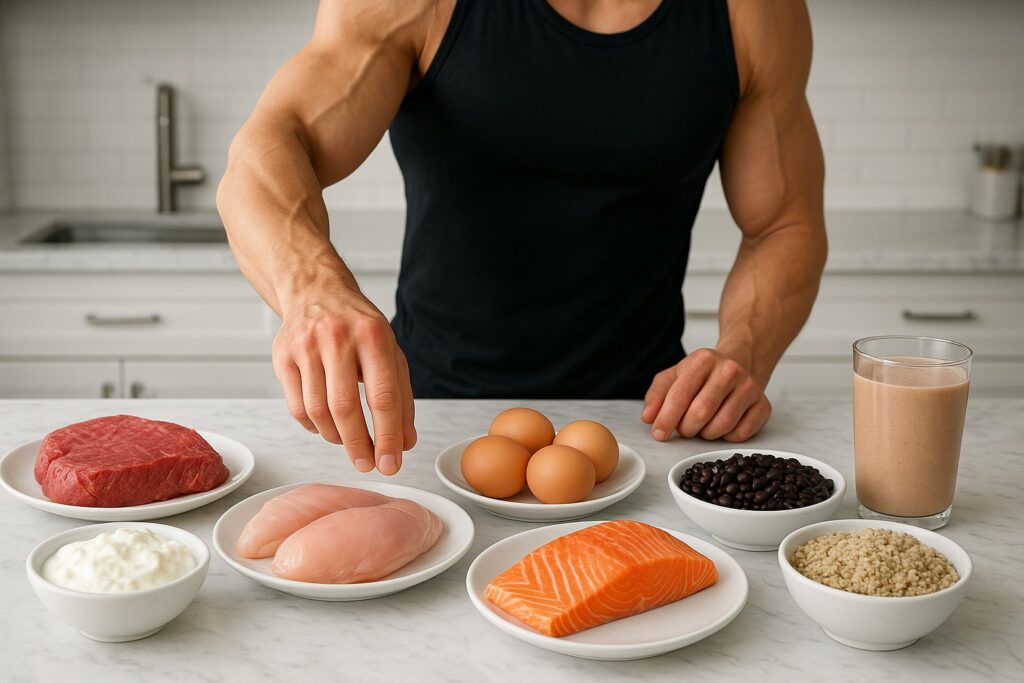
Start incorporating these foods into your daily routine, track your progress, and watch as your hard work in the gym finally translates into the muscle gains you deserve.
